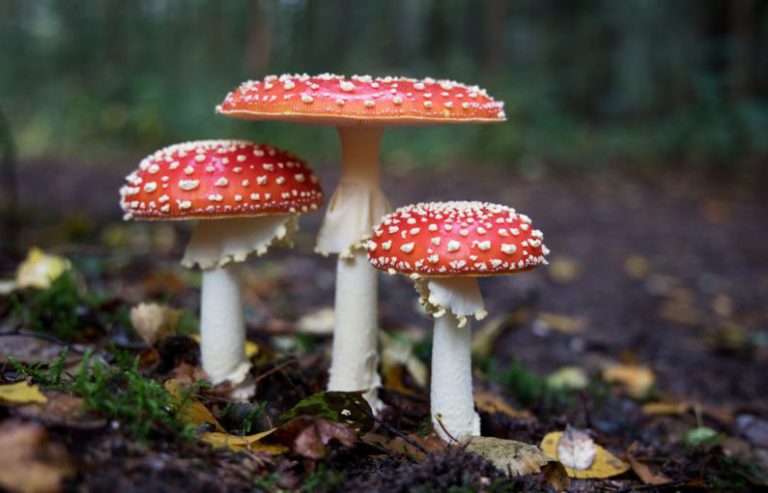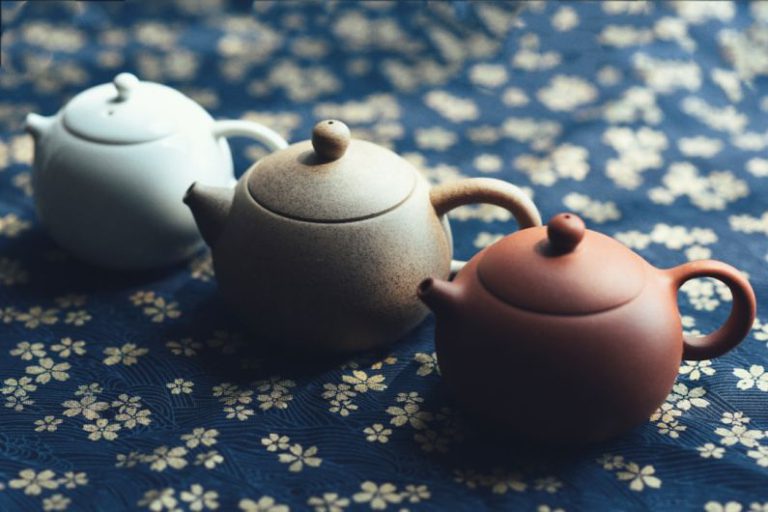Unlocking the True Aroma: Brewing Darjeeling Tea
The world of tea is a vast and diverse one, with each variety offering a unique taste and aroma experience. Among the many teas that grace our cups, Darjeeling tea stands out for its delicate flavor profile and captivating aroma. Known as the “Champagne of Teas,” Darjeeling tea is revered by tea enthusiasts worldwide for its unparalleled quality and distinct character. To truly unlock the full potential of Darjeeling tea, it is essential to understand the intricacies of brewing this exquisite beverage.
**The Essence of Darjeeling Tea**
Hailing from the picturesque Darjeeling region in India, Darjeeling tea is renowned for its light and floral notes, often compared to muscatel grapes. The unique terroir of the region, with its high altitudes, cool temperatures, and ample rainfall, contributes to the exceptional quality of Darjeeling tea. The tea bushes grown in this region produce some of the finest and most sought-after tea leaves in the world.
**The Art of Brewing**
Brewing Darjeeling tea is a delicate process that requires attention to detail and a gentle touch. To fully experience the nuanced flavors and aromas of Darjeeling tea, it is crucial to follow the proper brewing techniques. Here are some essential tips to help you unlock the true essence of Darjeeling tea:
**Water Temperature and Quality**
The quality of water used to brew Darjeeling tea can significantly impact the final taste of the tea. It is recommended to use fresh, filtered water to avoid any impurities that may alter the flavor. The water temperature is also crucial, as boiling water can scorch the delicate tea leaves, resulting in a bitter brew. For Darjeeling tea, water should be heated to around 185-195°F (85-90°C) for optimal extraction of flavors.
**Tea-to-Water Ratio**
Achieving the perfect tea-to-water ratio is essential for brewing a flavorful cup of Darjeeling tea. A general guideline is to use one teaspoon of loose leaf Darjeeling tea per 8 ounces of water. Adjust the amount of tea leaves based on your personal preference for a stronger or milder brew.
**Steeping Time**
The steeping time plays a vital role in extracting the desired flavors from Darjeeling tea. Oversteeping can result in a bitter and astringent brew, while understeeping may yield a weak and bland cup. The recommended steeping time for Darjeeling tea is around 3-4 minutes, but this can vary depending on the specific type of Darjeeling tea you are brewing. Experiment with different steeping times to find the perfect balance that suits your taste.
**Serving and Enjoying**
Once your Darjeeling tea has been brewed to perfection, it is time to savor its exquisite flavors and aromas. Pour the tea into a pre-warmed cup or teapot to maintain its temperature and preserve its delicate nuances. Consider enjoying Darjeeling tea without any added milk or sugar to fully appreciate its natural taste. Pair it with light and subtly flavored snacks to complement the tea’s floral and fruity notes.
**Embracing the Ritual**
Brewing Darjeeling tea is not just a process; it is a ritual that allows you to connect with the essence of this exceptional tea. Take the time to appreciate the aromas that waft from the steeping tea, the golden hue of the brewed liquor, and the delicate flavors that dance on your palate. Embrace the moment and indulge in the sensory experience that Darjeeling tea offers.
**A Journey of Flavor**
In conclusion, brewing Darjeeling tea is a journey of flavor and aroma that unfolds with each carefully crafted cup. By paying attention to the nuances of water temperature, tea-to-water ratio, steeping time, and serving method, you can unlock the true essence of Darjeeling tea and elevate your tea-drinking experience to new heights. Let each sip transport you to the misty hills of Darjeeling, where the magic of tea leaves meets the artistry of brewing. Cheers to the timeless elegance of Darjeeling tea and the joy it brings to tea lovers around the world.






